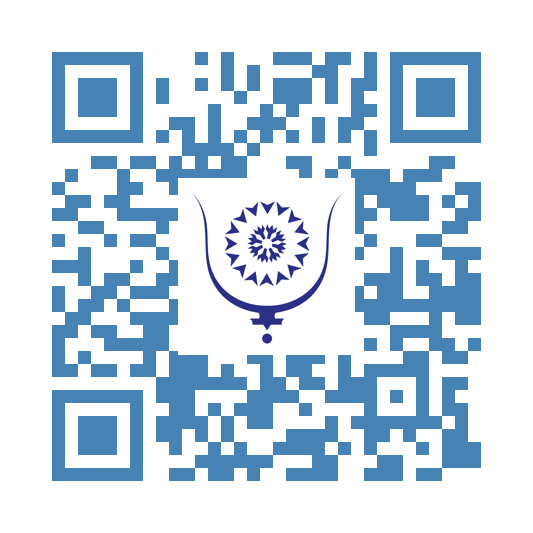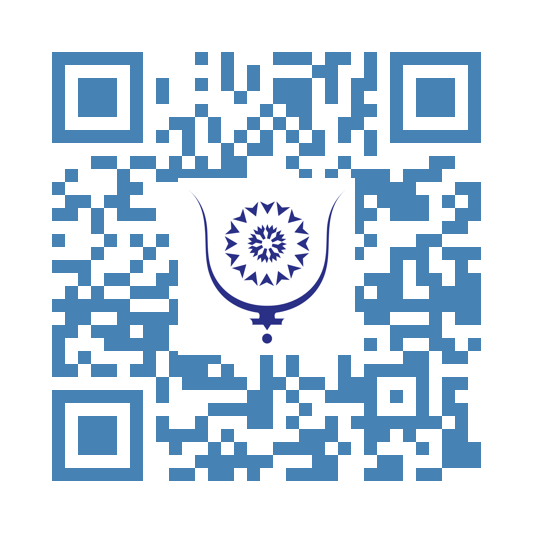Ahmed Attaf and the Thousand-Time Waltz...
The latest appearance of the valiant Ahmed Attaf is strikingly different from what we have come to expect from him. Still hiding behind his habitual composure, he nonetheless lets a certain unease seep through this time. The man is embarrassed. He is at once a juggler, a tightrope walker, an acrobat, a dancer, and the regime’s fireman. He searches for his words, his sentences seem to cut his breath short. At times, he gasps. His statements are full of contradictions and twisted contortion, the very archetype of a diplomat out of breath, yet still skillful.
In his role as firefighter, he tries to reassure domestically, even to timidly proclaim, yet proclaim nonetheless, a great victory. Algeria, he insists, has made the entire world, the USA first among them, bend to its will. As a juggler, he seeks to reassure the great powers, pretending modestly that his country holds no grudges, thus avoiding any offense to their sensibilities. A perilous exercise indeed, for soon he will be summoned to the negotiating table as a direct stakeholder. There, he will need all his ingenuity to escape the dictates of peace that the international community seeks to impose, a peace to be built with Morocco. He now perfectly understands that he can no longer sail under disguise: his country is directly involved.
Behind his measured tone and carefully chosen words, his media appearance follows a precise logic built around three goals: calming the domestic front, preparing public opinion for a return to negotiations on the Sahara issue, and reaffirming Algeria’s red line: no normalization with Rabat. Like a skilled tightrope walker, he subtly boasts that the divergence with Washington and Brussels is “under control.”
Indeed, the U.S. can very well understand the first two points—internal appeasement and preparation for talks, but fundamentally differs from Algiers on the question of rapprochement with Morocco. For Washington, this normalization is a cornerstone of its Atlantic-African strategy surrounding critical minerals, a key front in its rivalry with China.
The European Union shares this view: it sees Moroccan-Algerian reconciliation as a prerequisite to reviving the Euro-Mediterranean project, which has been paralyzed for years by the rivalry between the two neighbors.
Brussels and Washington may both believe that this strategic disagreement can be managed in the short term, since their common priority remains the resumption of negotiations on the Sahara, a stabilizing priority for the region. But everyone understands that the Algerian military regime sent Attaf to absorb the shock of the New York earthquake.
His first mission, then, was to calm tempers after the blow dealt by the latest UN Security Council resolution, which reaffirmed the Moroccan autonomy plan as a serious and credible basis, indeed, the very outcome of the negotiation process.
Morocco’s diplomatic success triggered a real shockwave in Algiers, where the regime fears that diplomatic defeat could turn into internal strife between different factions of power, particularly between the military hierarchy and the political front.
To prevent such implosion, Attaf tried to rewrite the official narrative: the resolution, he claimed, was not a Moroccan triumph but an Algerian victory—Algeria had “prevented the imposition of the Moroccan agenda.”
This interpretation blatantly contradicts the statements of Algeria’s own representative at the UN, who justified the country’s abstention by the central role given to the autonomy plan.
Yet, in the media sphere, the maneuver worked. Attaf’s discourse found favorable echoes, even among certain critical circles within the regime.
In truth, this appeasement operation also suits Washington and Rabat: it guarantees the stability of the Algerian regime and maintains domestic calm, conditions necessary to pave the way for future discussions without internal interference. Everyone is now working to prepare the ground for negotiations.
Attaf’s second objective was to prepare national and international public opinion for the idea of returning to the negotiating table, in line with U.S. pressure to revive a concrete political process.
The minister thus sought to present the UN resolution in a positive light, even calling it “a victory for the principles of the Sahrawi cause,” while claiming that Algeria would have voted in favor if not for a phrase mentioning “Moroccan sovereignty.”
A clever balancing act, meant to narrow the gap between official discourse and diplomatic reality, and to justify a possible Algerian participation in new talks without appearing weak.
This tactical repositioning remains fragile. If U.S. pressure were to ease, Algiers might once again resort to delaying tactics to stall or hollow out the process. But the Americans are not fooled, and they are in a hurry.
From Morocco’s perspective, this evolution is far from unfavorable: Rabat favors a negotiated settlement, with no victor or vanquished, as long as autonomy remains the end goal. Algiers, for its part, seeks to preserve its red line, no normalization with Rabat.
The third axis of Attaf’s communication was to avoid an existential danger for the regime: being perceived as yielding to normalization with Rabat under Washington’s pressure. In a scenario of heightened constraint, Algeria might accept a political solution on the Sahara issue, but without taking the diplomatic rapprochement step.
To consolidate this stance, Attaf deliberately rewrote the lexicon of the UN text. Where the resolution speaks of “parties,” “political settlement,” and “autonomy,” he preferred “decolonization,” “referendum,” and “Sahrawi people.” This deliberate semantic shift aims to sustain the illusion that Algeria remains faithful to its doctrinal logic, even though the referendum scenario was abandoned by the United Nations nearly two decades ago.
His media appearance was therefore not merely a diplomatic reaction to a UN resolution, but a carefully orchestrated communication operation.
It pursued three objectives: to calm the domestic front, prepare public opinion for future talks, and reaffirm the refusal of any normalization with Rabat.
Ironically, these very three lines of communication, meant to defend Algeria’s position, end up reinforcing the UN framework for resolution—the very framework that enshrines Morocco’s autonomy plan as the main reference, redrawing regional balances to the benefit of Morocco and its Western allies.


